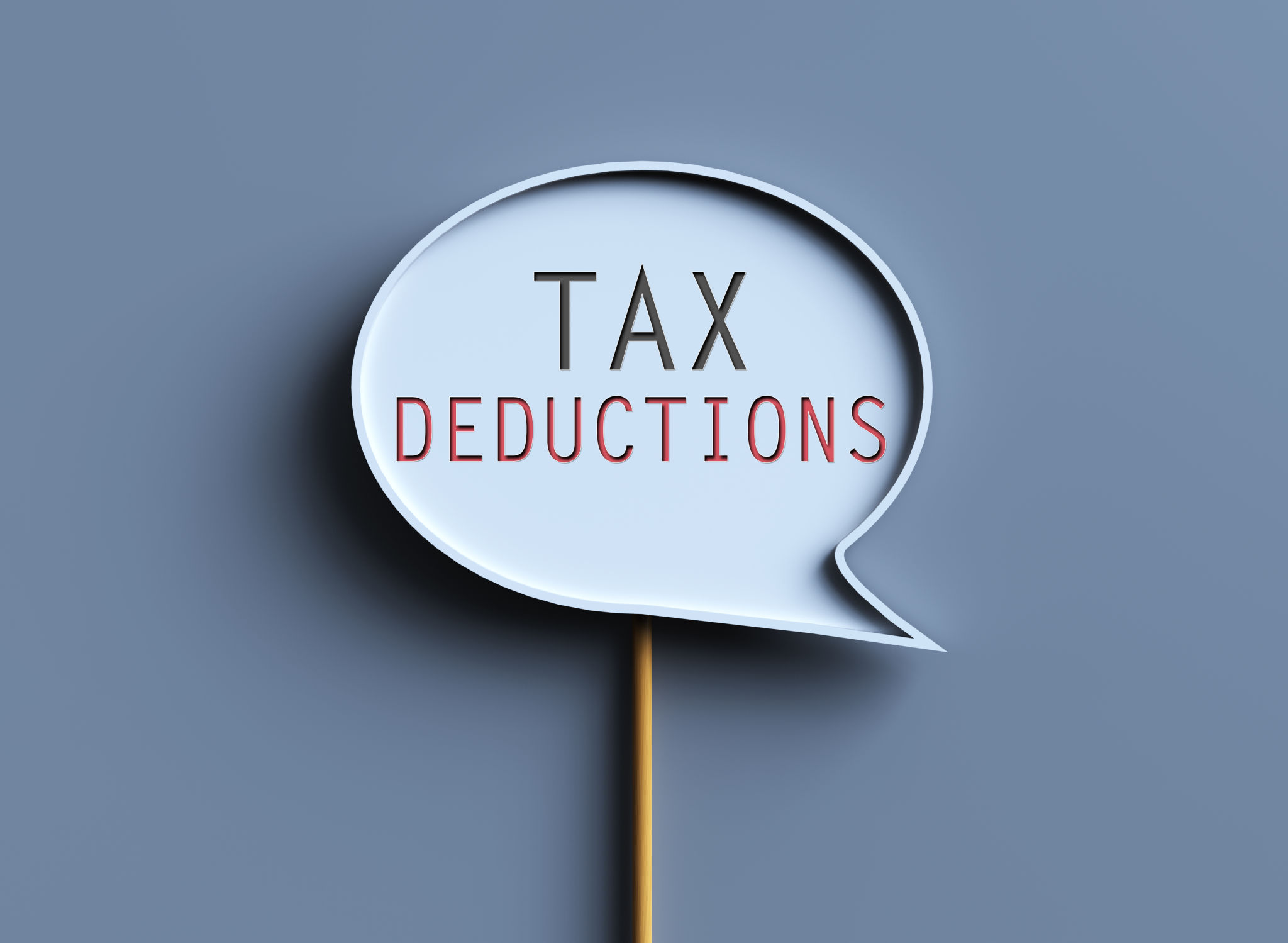The Ultimate Guide to Business Tax Preparation: Avoiding Common Mistakes
Understanding Business Tax Preparation
Business tax preparation is a crucial aspect of managing a company’s finances, yet it often comes with many challenges. Proper preparation can save you time, money, and the stress of last-minute scrambling. Understanding the basics and staying informed about changes in tax laws are essential for a smooth process.

Common Mistakes in Business Tax Preparation
One of the most common mistakes businesses make is failing to keep accurate records. Without detailed records, it becomes difficult to justify deductions or identify potential areas for tax savings. Another frequent error is overlooking deadlines. Missing a tax deadline can result in penalties and interest, negatively impacting your business’s financial health.
Additionally, many businesses underestimate the importance of categorizing income and expenses correctly. Misclassification can lead to incorrect tax filings and potential audits. It’s vital to understand which expenses are deductible and how to report them accurately.
Effective Record-Keeping Strategies
Effective record-keeping is the foundation of successful tax preparation. Start by establishing a system for tracking all financial transactions, whether through software or manual methods. Organize documents such as receipts, invoices, and bank statements in a way that makes them easily accessible during tax season.

Consider implementing a digital system that allows for easy backup and retrieval of documents. Regularly update and reconcile your records to ensure accuracy. This proactive approach will save you time and reduce stress when it’s time to file taxes.
The Importance of Understanding Tax Deductions
Tax deductions can significantly reduce your taxable income, yet many businesses fail to take full advantage of them. Familiarize yourself with the deductions specific to your industry. Common deductions include office supplies, travel expenses, and employee salaries. Remember that not all expenses qualify, so it’s important to consult with a tax professional if you’re unsure.

Keep detailed records of your deductible expenses throughout the year. This vigilance ensures that you maximize your deductions while remaining compliant with tax regulations.
Leveraging Professional Assistance
For many businesses, hiring a professional tax advisor or accountant can be a wise investment. These experts have the knowledge and experience to navigate complex tax laws and help you avoid mistakes. They can offer valuable insights into strategies for reducing your tax liability and ensuring compliance.
- Review your previous tax returns for missed opportunities.
- Consult with a tax professional for personalized advice.
- Stay informed about changes in tax legislation.
By leveraging professional assistance, you can focus on growing your business while ensuring your taxes are handled correctly.
Final Thoughts
Business tax preparation doesn’t have to be overwhelming. By understanding common pitfalls and implementing effective strategies, you can streamline the process and avoid costly mistakes. Stay organized, be proactive, and seek professional help when necessary to ensure your business remains compliant and financially healthy.
